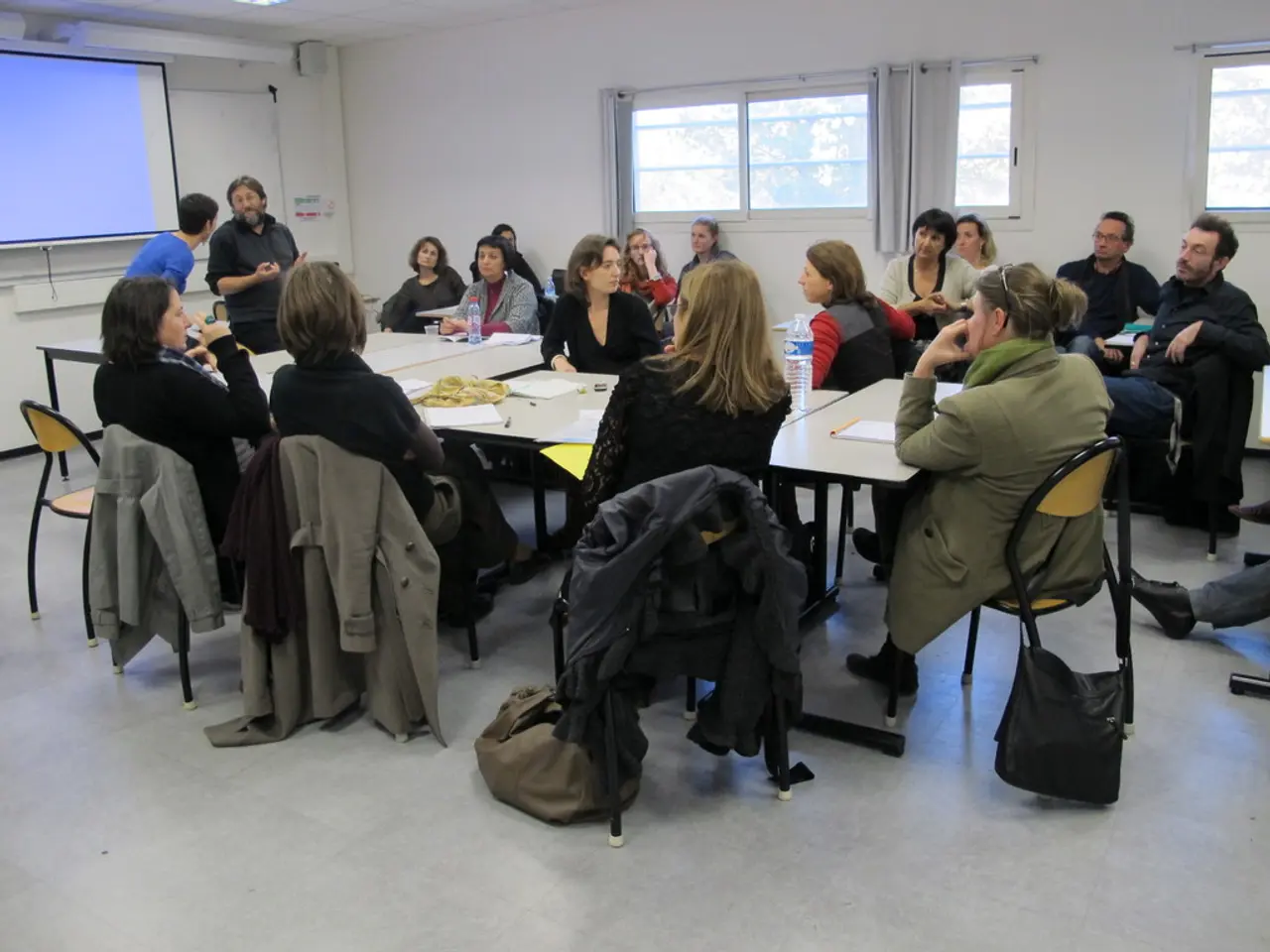Navigating Friendship Situations: Dealing with the Sensation of Being the Only One
In the realm of friendships, tokenism is a concerning phenomenon that affects various marginalized communities, including BIPOC, LGBTQIA+, disabled, and neurodiverse individuals. This practice involves valuing someone for their identity rather than as a person or friend, often resulting in feelings of exploitation and invisibility.
Recognizing Tokenism
Tokenism can be identified by several signs. One may feel used as a symbol or representative rather than appreciated for their whole self. There may be pressure to educate or explain one's identity continually. Token friends are often included only in situations focused on diversity or when it benefits others’ image. Authentic emotional connections may be hard to come by, with one's presence feeling conditional or performative. Isolation or exclusion in informal, everyday interactions despite apparent friendship is another red flag.
Coping with Tokenism
To combat tokenism, setting clear boundaries is crucial. This includes deciding when and how to engage in conversations about one's identity and refusing to be an educator or spokesperson if it feels uncomfortable. Seeking friendships that are mutual, genuine, and based on shared values or interests, rather than just identity markers, is another strategy.
Open communication is also essential. If comfortable, expressing feelings of tokenization and explaining why it hurts can help foster understanding. Building or joining community groups and spaces that offer safe support and authentic connection with others who share or respect one's experiences can provide a lifeline.
Self-care and affirming one's identity outside of others' validation are important for maintaining self-worth. It's essential to remember that tokenism often stems from the other party’s ignorance or agenda, not one's value or identity.
Moving Forward
Validating one's feelings about tokenism is crucial, as it is a real and painful experience. Tokenism can lead to anxiety, depression, low self-esteem, grief, trauma, and feelings of isolation, invalidation, and impostor syndrome. Reflecting on friendships, considering if one is valued for who they are or what they represent, is vital.
Code-switching, or altering one's appearance, language, or behavior to fit in, is common in cases of tokenism. Setting boundaries and communicating needs can help cope with and set boundaries in token friendships. In token relationships, the person is rarely given space to be complex or messy.
Diversifying one's social circle can provide validation if one is struggling with being the token friend. Therapy can be a powerful tool for processing what one has experienced with tokenism and building resilience. Online therapy can be a first step toward finding the relationships one craves in life.
Ultimately, healing from tokenism means finding a space and circle where one feels valued as a whole person, beyond identity tokens. This is especially salient in marginalized communities where such dynamics can contribute to psychological stress and identity erosion.
Read also:
- Prostate Cancer Examination Guidelines, Outcomes, and Financial Aspects
- victory for Central Java communities in landmark lawsuit against textile conglomerate over pollution issues
- Medicare Payment Regulations Found to Conflict with Biological Realities, Exacerbating Inequalities in Kidney Care Services
- Weekly Proceedings in the German Parliament (Bundestag)







